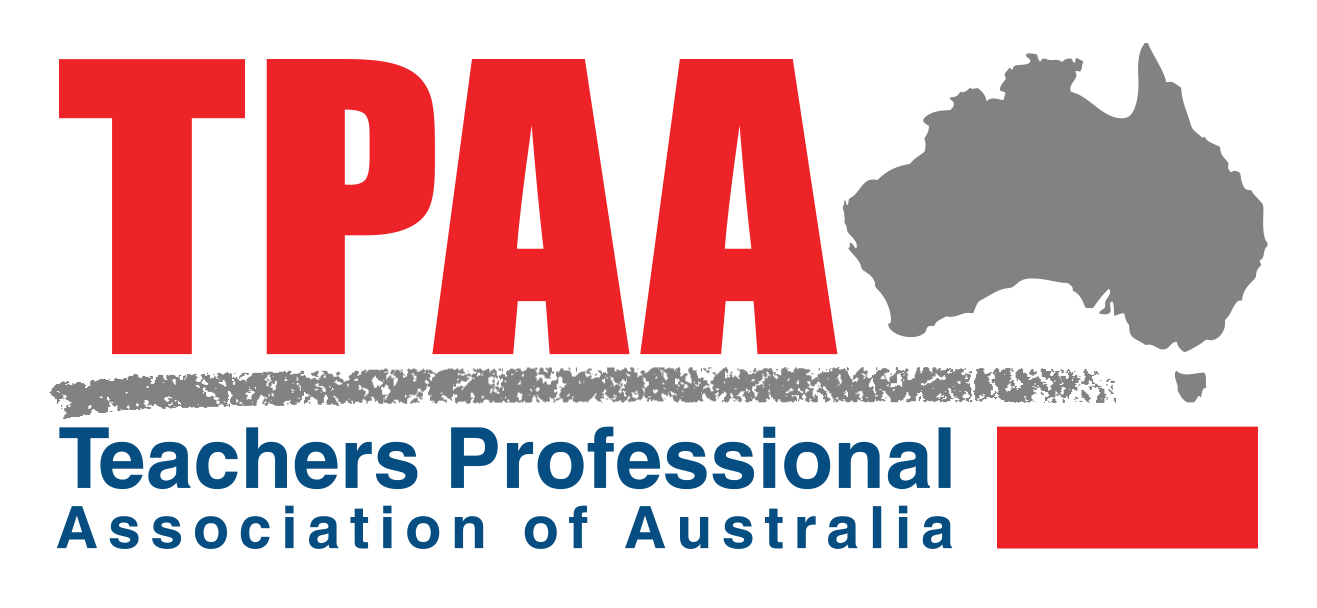
There’s been a lot of discussions lately about a shift in teaching style, from the ideology of student-directed (or inquiry-based) learning to explicit or direct instruction. We’re excited to see that in some schools and even states there is an actual shift in this direction.
Education Editor at The Australian, Natasha Bita recently published an article Science of Ideology in Education Reform which talks about the failing education system in Australia and a movement to promote explicit teaching, with some evidence of great results.
Natasha explains that “Given the disastrous and long-term decline in educational outcomes, the push for a return to explicit instruction is gaining traction. Western Australia is set to recommend explicit instruction in a new set of guidelines to teachers next week, and the Catholic education system has boosted student results by incorporating it in 56 schools teaching 22,000 students in the ACT and Goulburn.”
The theory behind explicit instruction is that knowledge is required to be good at problem-solving. This can be achieved when you actually show people “how to” rather than rely on “critical and creative thinking”. If we give students knowledge, critical and creative thinking follows.
The back-to-the-future teaching method has been embraced by some of the nation’s top private schools, including St Catherine’s School and The King’s School in Sydney and Brisbane’s “Churchie” Anglican Church Grammar School, and the high-performing Sydney Boys High School.
La Trobe University will be the first to reintroduce explicit instruction in its education degrees, starting next year when its curriculum will focus on the “science of learning’’. This is based on extensive research conducted by Robert Marzano and John Hattie, leading researchers in the field of education to what works in the classroom.
The shift to evidence-based training for educators comes as a relief for many veteran educators such as Principal Lee Musumeci, who has to retrain newly-graduated teachers so they can teach children to read.
‘Explicit teaching’ as an instructional practice is not new to Victorian schools. Since 2017, the Department of Education has embarked on a journey to incorporate evidence-based High Impact Teaching Strategies (HITS) based on Hattie’s research (2009) into the classroom. In addition to, developing a culture of Professional Learning Communities (PLC) within schools among teachers. The purpose of these PLCs is to facilitate collaboration among teaching colleagues within specific areas using the HITS rather than isolated with individual classrooms.
‘Explicit teaching’ is certainly proving to be a hit in education and we can thank Marzano and Hattie for their extensive research conducted within classrooms over the past two decades to discover what works in the classroom - in essence - discovering ‘The Science of Teaching.’



